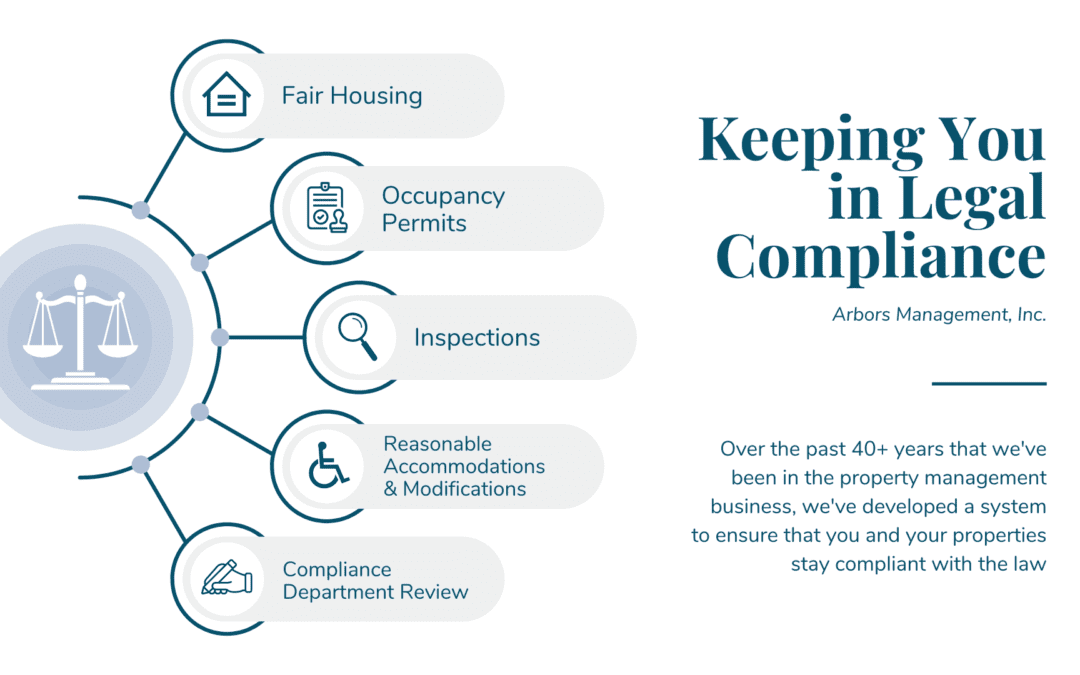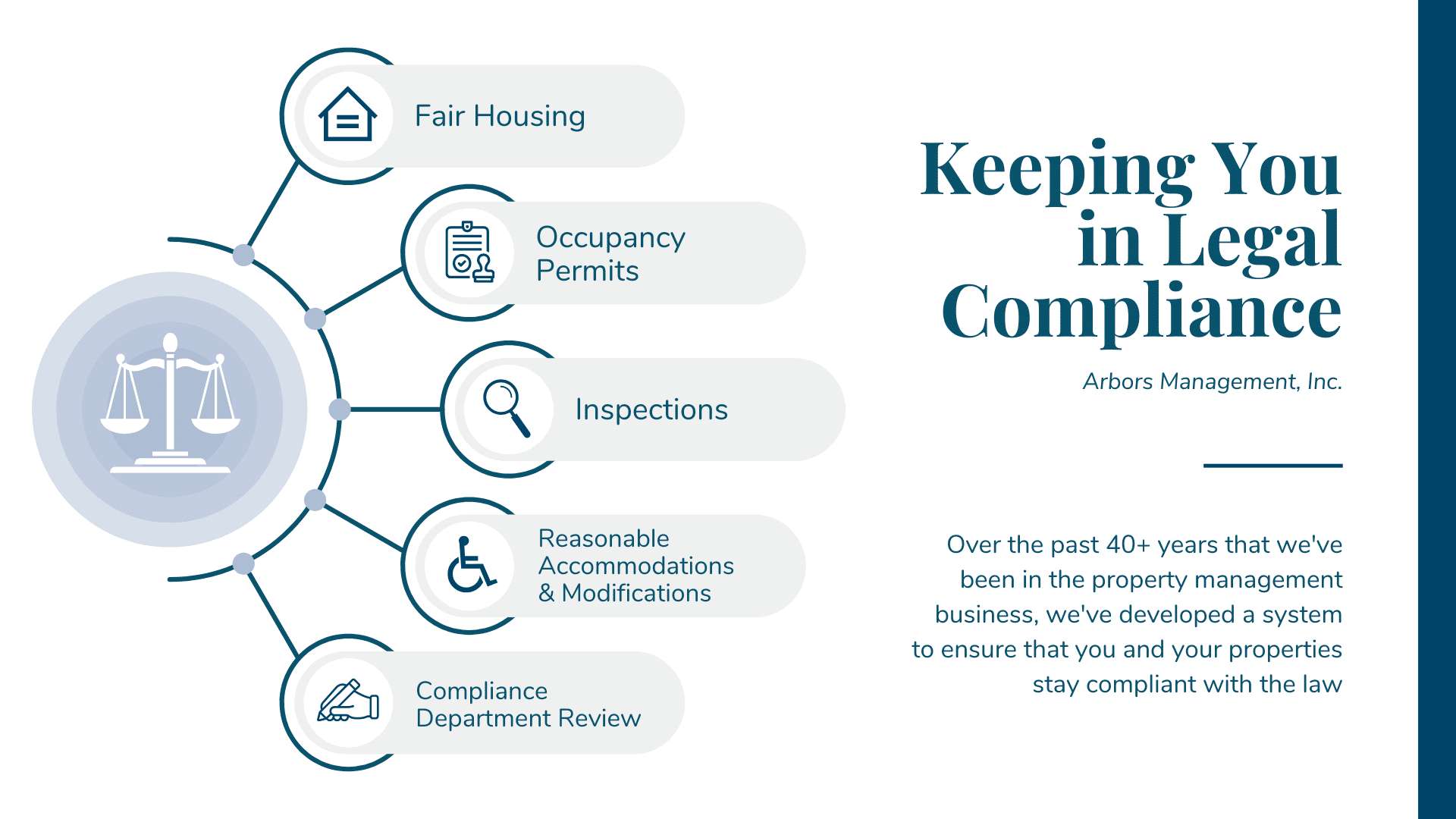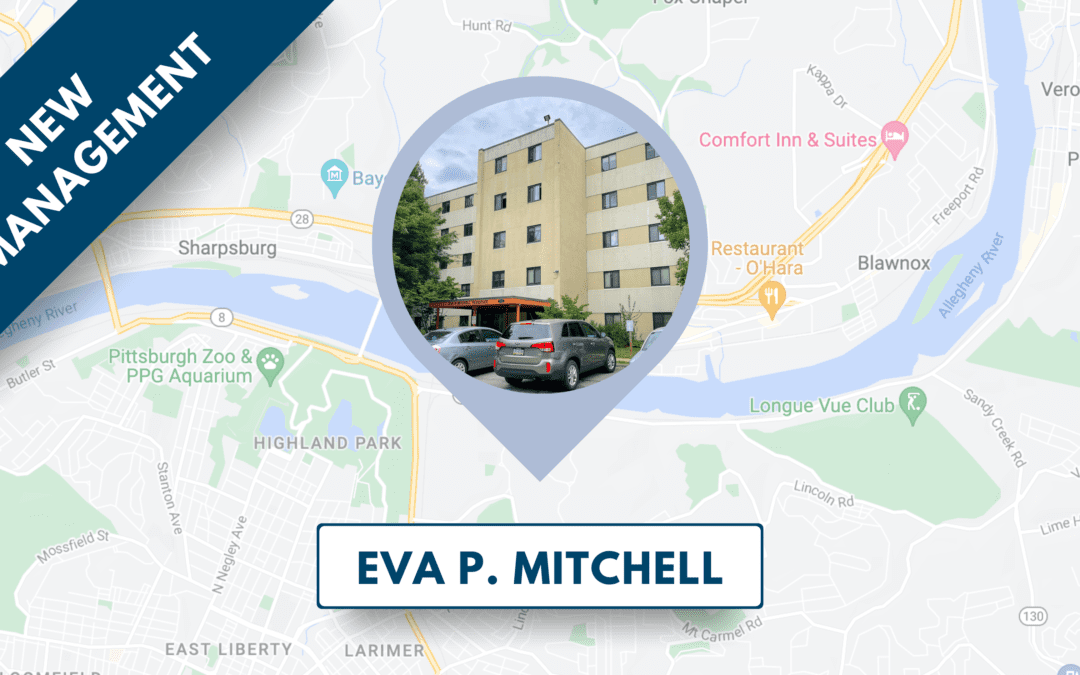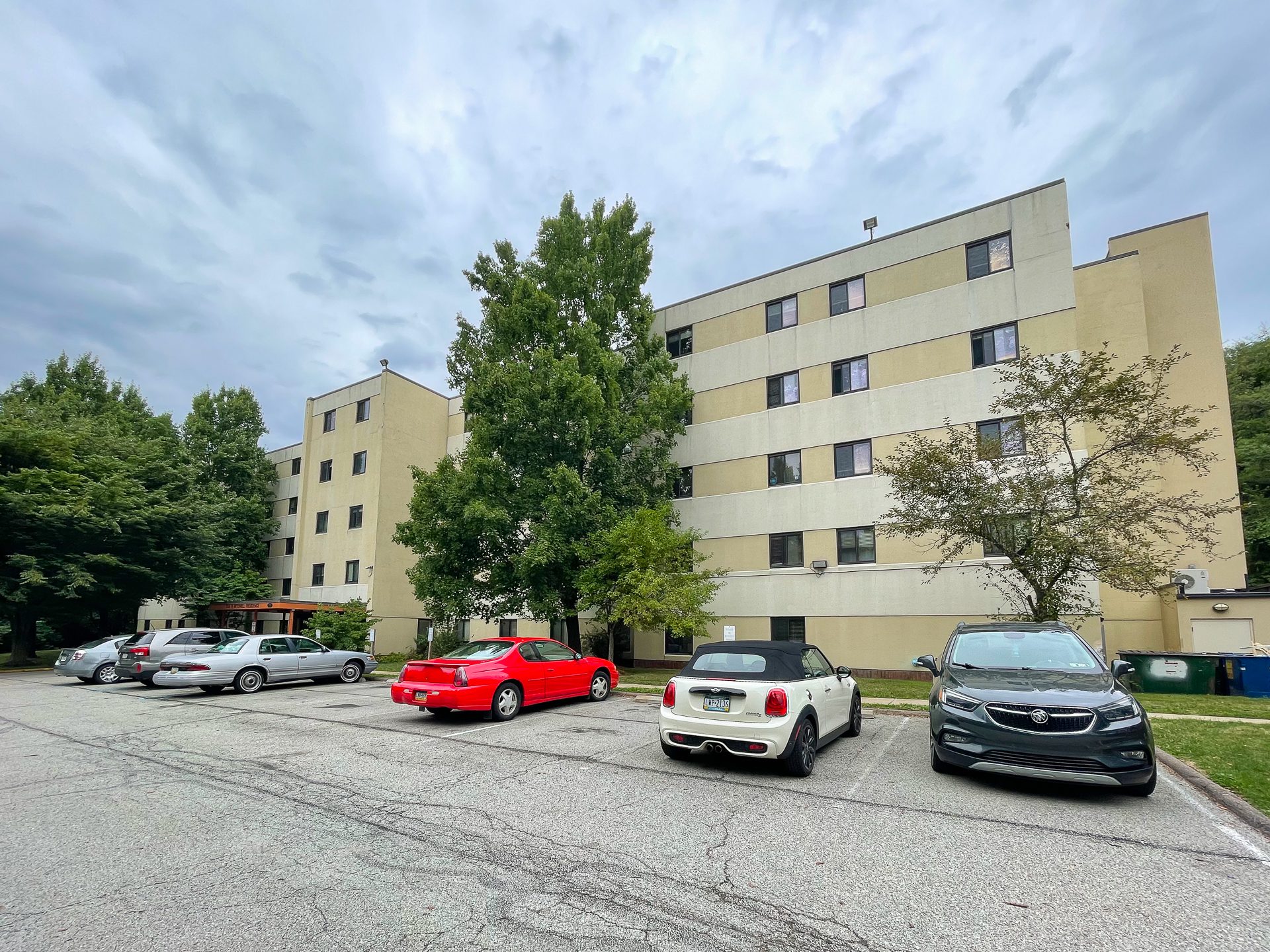
by Nicole Scimio | Nov 3, 2023 | Uncategorized
What to Do When an Evicted Resident Leaves Belongings Behind

Evictions: Unfortunate, But Sometimes Unavoidable
As you may know, evictions are an occasional obstacle that we deal with in property management.
Maybe you’ve dealt with an eviction before as an owner, and maybe you haven’t.
If you haven’t had any experience with evictions, check out our blog post on the timeline of an eviction.
In that post, we detail out the course of the whole eviction process.
But, whether you’ve had to evict a resident before or not, you may have asked yourself the question:
“What do I do if the resident I evicted leaves their belongings behind in my property?”
While each eviction case is unique, we’ll try to break this part of the process down into the simplest terms.
What to Do if the Evicted Resident DOES Contact You
Chances are, the evicted resident will want at least some of their belongings back.
If that’s the case, the resident has 10 days to contact you and let you know that they’d like to retrieve their belongings.
If they do contact you, you must arrange for them to have access to gather their personal property within 30 days.
Note: This 30 day period begins the day of the eviction.
Once you’ve confirmed that they’ve retrieved everything they want, you’re legally allowed to do what you see fit with the the items that they leave behind.
What to Do if the Evicted Resident Does NOT Contact You
If the evicted resident fails to contact you within the initial 10 days, they forfeit their right to retrieve their belongings.
After the 10 day period of no contact, you are allowed to do what you see fit with the items they left behind.
However, to be on the safe side, we recommend you hold onto their items for the full 30 day period.
In Simplest Terms:

Eviction occurs → Resident has 10 days to contact you
If you are contacted → Resident has 30 days to get their belongings
If you are not contacted → After 10 days, you can handle their belongings how you see fit
All in All…
While evictions are not a “fun” part of owning a rental property, they do come with the territory.
The good news is that we can help!
We’ve gained expertise in all aspects of property management, including evictions, over the past 40+ years that we’ve been in business.
Contact us today for a free consultation to discuss your unique situation!
Disclaimer: We are not attorneys, and this is not to be considered legal advice. We encourage you to contact your attorney for guidance on your particular situation. This article is meant to provide a general rule or procedure on how this process works.
This is the process as we understand it in Pennsylvania and may not pertain to other states or specific cities within Pennsylvania. We always encourage a consultation with a local attorney who knows and understands Landlord Tenant Law for specific locations.

by Nicole Scimio | Jun 21, 2023 | Blog, Project Based Section 8 Housing, Uncategorized

Stoneboro, PA – Arbors Management continues to expand their reach by adding Lakeview Manor in Stoneboro, PA to their portfolio. Effective June 1st, Arbors will become the new management agent of the 50-unit senior building near their new office in Grove City and other Arbors-managed properties, such as Evergreen Arbors in Franklin and Towne Towers in Oil City.
Lakeview Manor is an affordable independent senior living facility that offers a wonderful community of residents and has been a staple of the community for 36 years since its construction in 1987. Located near Lake Wilhelm, Goddard State Park, the Stoneboro Fairgrounds, Grove City Outlet Mall, and Conneaut Lake, residents have plenty to do just minutes from the property.
Since 1982, Arbors Management, Inc. has built a portfolio of over 4,000 residential units with a large majority in the affordable housing segment across Western PA and West Virginia, and it continues to grow each year. The team at Arbors Management is thrilled to begin building a lasting relationship with the residents of Lakeview Manor.
If you’d like to learn more about how Arbors can help you manage your property, please contact us.
Read the original article online on the Pittsburgh Business Times here.

by Arbors Management, Inc. | Feb 24, 2023 | Blog, Property Management Education

By: Nick Griffith & Nicole Fandel, Director of Conventional Housing and Marketing Specialist
Should I Allow Pets in My Pittsburgh Rental Property?
Many Pittsburgh rental property owners want to know if they should allow pets into their homes or if they should avoid them.
Whether you’re a pet lover or not, there are a lot of pros and cons to discuss when it comes to welcoming pets into your rental property.
Pro-Pets: Resident Pool and Pricing
The main benefit of allowing pets is that you’ll get a larger pool of potential residents interested in your home.
When pet owners have access to your property, you’ll get a larger selection of applicants and a bigger audience of people who want to see your property and lease it.
Today, it seems like almost everyone has a cat or a dog or a hamster that they cherish – pets are part of the family. So, it’s ultimately easier to rent out your home when you decide to allow pets.
Another pro of allowing pets in your rental property is additional revenue.
You’ll have the ability to charge pet rent in addition to the rent your resident pays. People are very attached to their animals, and they’ll be willing to pay a little more to have them in the property.
You can reap those benefits when you allow pets and charge a little more each month to cover potential additional wear and tear.
Can I Charge a Pet Deposit?
Owners will often want to know if they can charge a pet deposit in addition to the security deposit when they allow pets.
In Pennsylvania, the law says that we can only charge a security deposit that’s the equivalent of one month’s rent. So, we don’t typically charge an additional pet deposit because a deposit has to be returned to the residents.
Instead, we charge the pet rent, which generates additional income for our owners every month.
Avoiding Pets: Potential for Damage
The biggest reason that property owners prefer to avoid pets is that there’s a potential for property damage.
We’ve all heard the horror stories: pets might pee on the floors, scratch the carpet, and chew up the baseboards. They can make messes.
Yes, these things can happen; but generally, pets are often well-trained and well-behaved.
If your residents take care of their pets and the property, you won’t have any unnecessary damage.
However, there’s no guarantee. When you’re screening residents and deciding whether or not to accept a pet, you have to consider the animal’s breed, size, and weight.
Consider the applicant as well. You’ll need to determine whether that applicant is a responsible pet owner who can truly care for the animal as well as your property.
Service and Support Animals
 Another hot topic is the rise of service animals and emotional support therapy animals.
Another hot topic is the rise of service animals and emotional support therapy animals.
These are animals that are coming into the property to help the resident perform daily tasks, or help them emotionally through their daily lives.
If a resident has a service or support animal, we cannot discriminate against those animals, even if there’s a strict no-pet policy in place.
To protect your property, we will always ensure the appropriate documentation and supporting medical notes are in place to verify a service animal or an emotional support animal. We don’t want residents to try and skirt the rules, or put our owners in an unfavorable position.
In Conclusion: Pets or No Pets?
Ultimately, the decision to allow pets is up to you, the owner.
Whether you choose to allow pets or not, we have policies, procedures, and documents that ensure that we are compliant with the laws.
We’ll charge your residents an appropriate amount for the added benefit of moving in with their furry friends, and make sure your property is protected.
If you have any questions about pets, or anything at all pertaining to your Pittsburgh rental property, please contact us and we’d be more than happy to help.

by Nicole Scimio | Dec 5, 2022 | Blog, Property Management Education, Tenant Education

By: Nick Griffith & Nicole Fandel, Director of Conventional Housing and Marketing Specialist
How We Keep Our Clients in Compliance with the Law
One of the most important facets of property management is maintaining legal compliance. As daunting as that can be for one owner, Arbors has a dedicated Compliance Department to ensure that you and your property are in the clear.
So how do we keep our clients legally compliant? We’ll break that down in this article over these five different categories:
- Fair Housing
- Occupancy Permits
- Inspections
- Reasonable Accommodations and Reasonable Modifications
- Compliance Department Review
1. Fair Housing
First and foremost, we want to make sure your property is compliant with fair housing regulations, one of the most important aspects of managing rental properties. How do we keep you in compliance with fair housing law?
One of the best ways for us to do this is through our screening criteria. We’ve developed our screening criteria over the 40 years that we’ve been in business and abide by that criteria on properties that we manage in order to avoid any fair housing violations.
In an effort to eliminate unfair advantage or preference among applicants, we process applications by the standards set by the Pennsylvania State Law. We also process applications in the order that they are received.
Additionally, our agents representing you have their real estate salesperson license. With this comes continuing education to ensure we stay up to date with all legal requirements and updates pertaining to keeping you compliant with local, state, and federal laws.
2. Occupancy Permits
Another way that we keep you in compliance is by keeping your property in rental housing code compliance with any state, local, or municipality housing standards. One of the items that is included in many of these local requirements is an occupancy permit or a rental registration.
If you do have a rental property under our management, we will take care of occupancy permits or rental registrations required by any local municipality or governments. This includes:
- Payment on our clients’ behalf of rental registration fees
- Coordinating and potentially attending occupancy inspections
- Arranging any repairs needed in order to stay compliant with local municipality occupancy standards
3. Inspections
We perform annual inspections – we call them interim inspections. At these inspections, we’re looking for common things at your property that are required by the local municipalities to make sure that you’re able to obtain occupancy permits. The most common things are:
- Smoke detectors
- Carbon monoxide detectors
- Handrails
- Any other obvious safety deficiencies at the property
If we do find that any of these items need attention, we will address them.
4. Reasonable Accommodations and Modifications
Occasionally, a resident may request for a reasonable accommodation or a reasonable modification to your property.
We are trained and well-versed in the requirements necessary in order to approve or deny these requests.
We will handle the proper paperwork and forms to document the request to complete everything, all while making sure – you guessed it – that you are staying in compliance by abiding by fair housing laws when accommodating or denying a request.
Here’s the difference between the two:
Reasonable Accommodation: request for a change in our policies and procedures to accommodate a resident for a need that they have.
*Responsibility of the landlord to pay
Ex: Allowing a service animal to occupy a property with a no-pet policy
Reasonable Modification: request to change the physical nature of the property to accommodate a resident for a need that they have.
*Responsibility of the resident to pay
Ex: Installing a ramp to the front entrance of a property because the resident is wheelchair bound
5. Compliance Department Review
Any new residents moving into your property will be reviewed by our Compliance Department in order to ensure that we met all of the screening criteria appropriately.
A few items that the Compliance Department review are:
- The lease
- Application
- Credit and criminal reports
- Photo identification
- Proof of income
If they do find any errors or discrepancies, our management staff will be alerted and those will be corrected as soon as possible.
Arbors Management Keeps You Compliant
With over 40 years of experience in property management in Pittsburgh, Western Pennsylvania, and West Virginia, we’ve learned a thing or two about legal compliance.
When you hire Arbors Management to manage your property, you are also hiring a dedicated Compliance Department that ensures that you and your property are operating within the bounds of the law.
If you have any questions about our professional Pittsburgh property management services, including how our Compliance Department works, please contact us through this form, or give us a call at 1 (800) 963-1280.
Disclaimer: We are not attorneys and the information herein is not intended to be legal advice. Please consult with your attorney for any matters pertaining to your specific situation.

by Nicole Scimio | Jun 22, 2022 | Blog, Press Releases

PITTSBURGH, PA – Arbors Management, Inc. is excited to announce that they are the new management agent of the Eva P. Mitchell building in Allegheny County, Pennsylvania, as of May 24th, 2022. The property is located at 7113 Mary Peck Bond Place, Pittsburgh, PA, conveniently close to Lincoln Park, Highland Park, the Allegheny River, downtown shopping, and so much more. The Mitchell building, which was originally the historic Lemington Center built in 1883, is an affordable housing complex designated for elderly and persons with disabilities with 81 one bedroom efficiency units.
“We are very excited to be working with Eva P. Mitchell to continue the important work of providing affordable housing to the residents of the city of Pittsburgh,” said Christopher Wagner, President of Arbors Management, Inc. Pittsburgh has always been a lively and welcoming city, and has only grown in popularity over the years. “It’s no secret why people are moving to Pittsburgh left and right,” Christopher continued. “It’s an incredibly diverse city with plenty to offer for everyone who calls Pittsburgh ‘home,’ as well as visitors.” With plenty of public transportation, parks, shopping, grocery stores, and entertainment around every corner, the opportunities for the residents of Eva P. Mitchell and Pittsburgh alike are endless.
Beginning in 1982, Arbors Management, Inc. has built a portfolio of over 4,000 residential units with a large majority in the affordable housing segment across Western PA and West Virginia and continues to grow. The team at Arbors Management is looking forward to building a lasting relationship with the community at Eva P. Mitchell.
Read the article online here, or read it in print in the Pittsburgh Business Times on July 8th, 2022.
If you’d like to learn more about how Arbors can help you manage your property, please contact us.

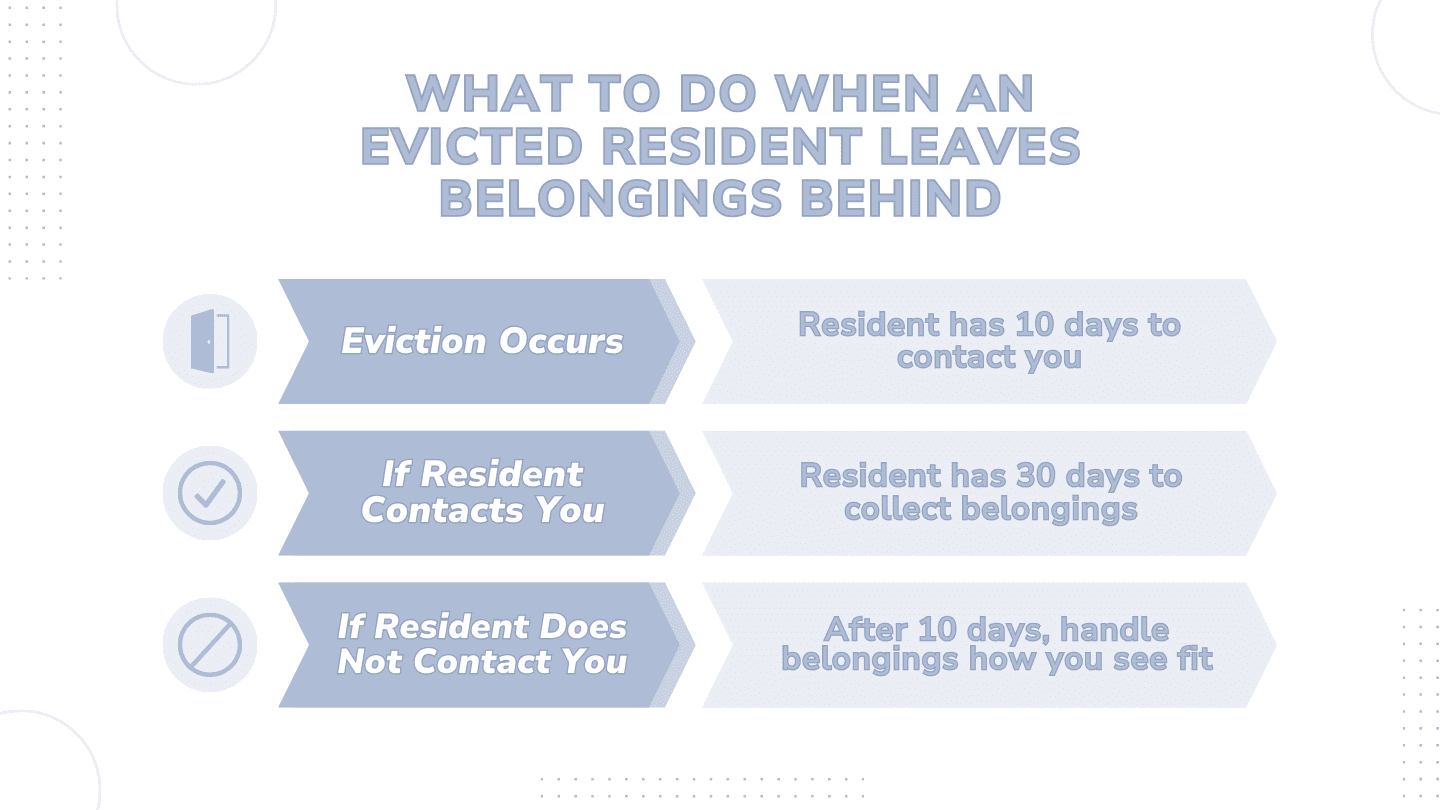


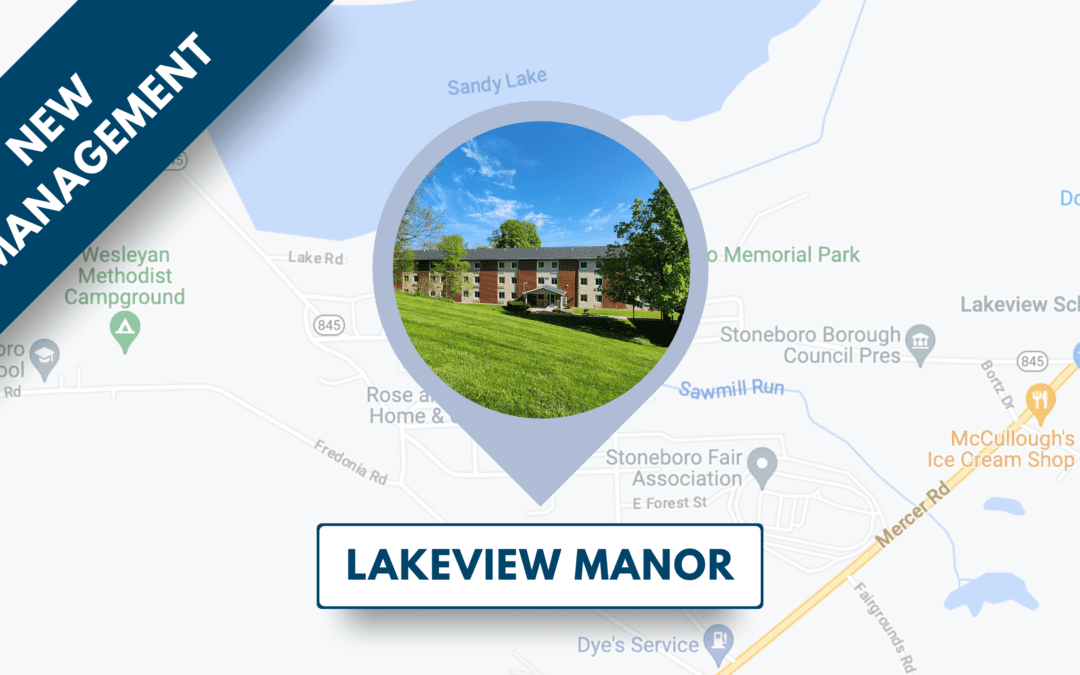
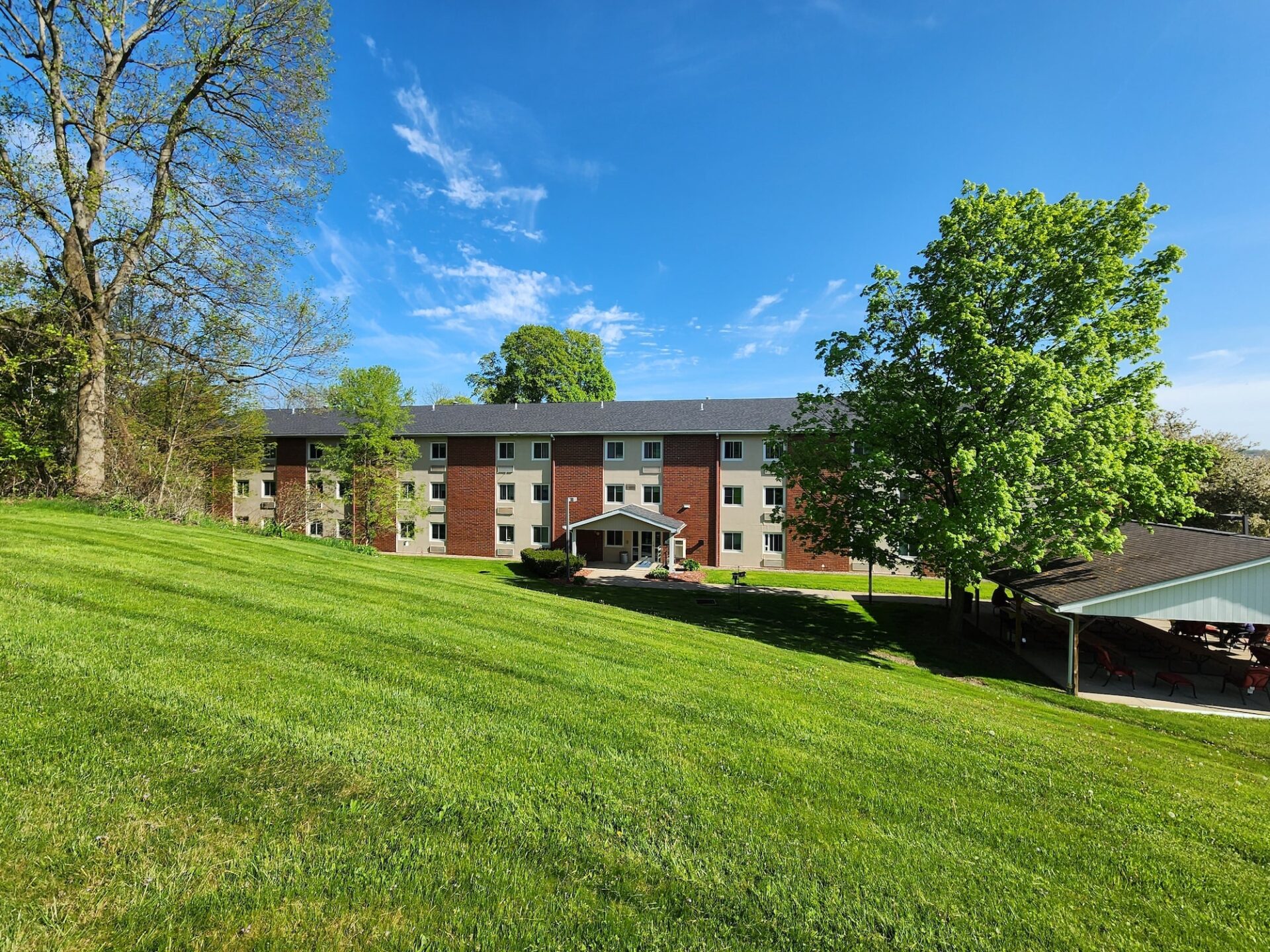


 Another hot topic is the rise of service animals and emotional support therapy animals.
Another hot topic is the rise of service animals and emotional support therapy animals.